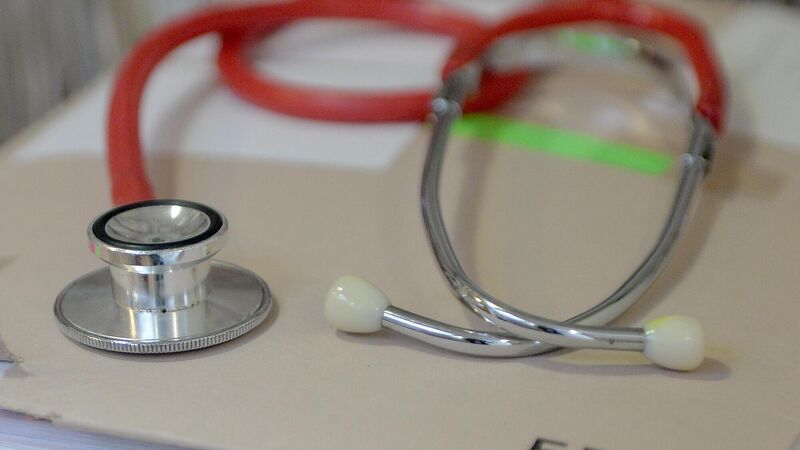'We let bureaucracy get in the way': Call for faster appraisal of new RSV treatment

A stethoscope on top of patient's files at the Temple Fortune Health Centre GP Practice near Golders Green, London.
A leading pharmacist has called for a swifter assessment of a new preventative treatment for RSV (respiratory syncytial virus).
The Beyfortus RSV antibody treatment has been approved by the European Medicines Agency (EMA) and is undergoing assessment to be used in Ireland. However, Sheena Mitchell said the process should be sped up given the current high rates of RSV — the virus that spreads from winter to early spring.










